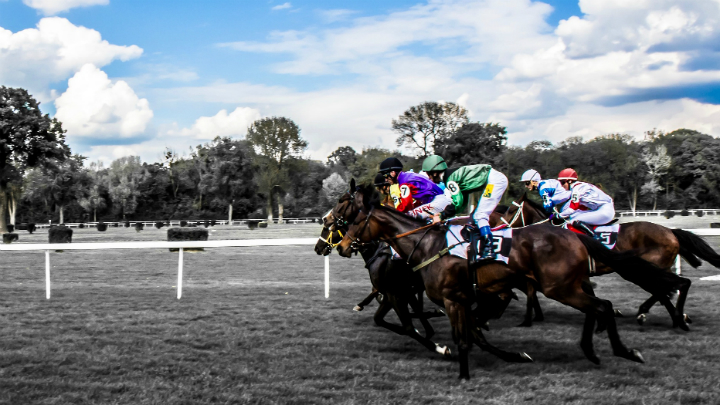Just over sixty years ago Devon Loch, a horse owned by the Queen Mother, was set to win the Grand National. For over four miles Devon Loch had soared over thirty fences and was clear of the field. With 50 yards to go victory was assured. But as hats were being thrown in the air and punters counting their winnings, Devon Loch fell. Its race was over.
But that day a phrase entered the culture: ‘Doing a Devon Loch’, capturing that all too common experience of seizing defeat from the jaws of victory.
Why do so many of us fall at that last hurdle? Business is no different. Consider delivering a pitch, and the stress involved in the preparation and delivery. It’s going well and the win seems assured – then as the final question rolls in, one of the team makes a basic error, misjudging their audience or failing to address the client’s key concerns. And yet, you believed you had been so well-prepared and rehearsed.
Psychology offers us explanation and some lessons.
The same year that Devon Loch was Robert Zajonc was doing work that would help us understand the ‘Audience Effect’ – why we perform a task more poorly in front of an audience than we do when we are alone. Anyone who has watched a child struggle to play a piece of music at the school performance that you’ve heard them play perfectly at home is familiar with this effect.
Zajonc found it was tasks which are more complex or with which we are not familiar, that that we struggle with in front of others. The lesson for our pitch team? Practice is essential. That time in front of the mirror or with your team running through your parts is absolutely necessary. But equally so is rehearsal – trying it out in front of an audience. Real people asking real questions.
After a long day, do you find it harder to resist temptation, often in the form of a glass of wine or a bar of chocolate? You aren’t unusual. In fact, your behaviour is predictable according those who study Self-Regulation.
Self-regulation is our ability to screen out distractions and to concentrate, to resist short term gains in favour longer term benefits and, crucially, to control our emotional responses. It is an ability that becomes depleted as the day wears on. The plethora of stimulus and activity that makes up a working day drains our well of willpower, reducing our ability to regulate our thoughts and behaviours. By the end of the day, our decision making is affected – our choices are short term and predictable, we are more volatile – more easily swayed by events.
What can be done? We must accept that we cannot replenish our store of willpower throughout the day, so we must curate it. We can plan our day to ensure that we are at our best when we need to be. A sandwich at your desk amid the emails and phone calls is draining; a walk in the park at lunchtime can work wonders.
Failure can be a great teacher but a poor master. We have all ‘done a Devon Loch’. So let’s learn from it and what this kind of experience tells us about how to look after and prepare ourselves better. I look forward to seeing you in the winner’s paddock!
Written by Simon Taylor, Senior Leadership Consultant at Financial.

